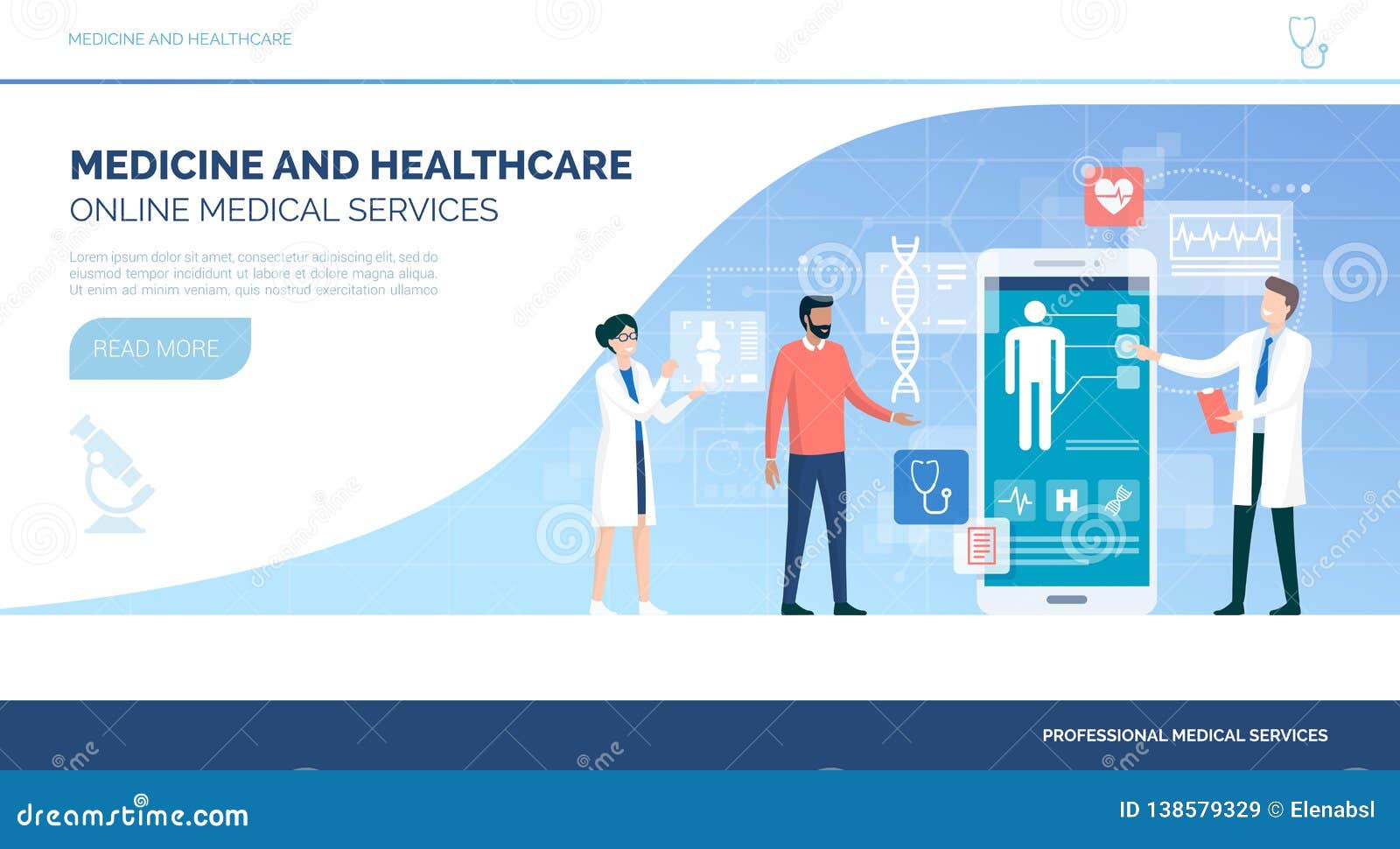The Influence of Subscription Based Healthcare on Typical Clinical Practices
Wiki Article
Navigating the Future of Medication With Subscription-Based Medical Care Solutions
As the health care industry advances, subscription-based solutions become a critical model promising to improve individual care delivery. With the possible to provide streamlined, cost-efficient options with predictable rates and individualized attention, these solutions stand at the leading edge of modern clinical advancement. As we consider their increase, one must contemplate the ramifications of incorporating such systems into existing medical care frameworks. What challenges do they present in terms of information safety and security and fair access, and just how might they redefine the patient-provider relationship? The response to these questions can essentially change our method to medical care.Increase of Subscription Health Care
As health care systems around the globe face boosting stress from rising expenses and need for solutions, the introduction of subscription-based health care versions has actually become a transformative pattern. This cutting-edge method is interrupting typical medical care delivery by providing a predictable, flat-rate repayment framework for clinical solutions. Rooted in the concepts of attendant medicine, subscription-based healthcare allows carriers to concentrate on personalized client care while concurrently taking care of functional performances.The increasing customer need for openness and predictability in healthcare expenses has driven the change towards this model. Subscription-based solutions usually offer straight accessibility to healthcare specialists, which can reduce the management burdens connected with insurance policy cases and repayments.
This version is getting traction amongst varied doctor, from main treatment physicians to specialized facilities, by straightening monetary motivations with precautionary and constant treatment. By changing the emphasis from quantity to value-based care, registration health care has the possible to reshape the landscape, cultivating a more sustainable and patient-centered strategy to health and wellness monitoring.
Benefits for Clients

Additionally, subscription-based services typically highlight preventative treatment, urging normal exams and health and wellness testings. This aggressive strategy can result in early detection of health problems, possibly enhancing outcomes and reducing lasting medical care costs for patients. Such designs commonly use transparent prices, permitting patients to much better understand their medical care costs and prevent unforeseen clinical costs.
The personalized nature of subscription-based health care likewise boosts person experience. Individuals can receive tailored medical care strategies that fit their certain requirements, cultivating a more patient-centric technique. This customization can result in improved patient complete satisfaction and adherence to treatment plans. Registration solutions commonly incorporate wellness programs, supporting clients in keeping total health and health. Inevitably, these advantages collectively add to a more reliable, affordable, and patient-friendly healthcare experience.
Modern technology's Role in Makeover

Expert system (AI) plays a vital role in anticipating analytics, assisting in very early medical diagnosis and customized treatment plans. AI algorithms analyze vast datasets to recognize patterns that may be forgotten by human monitoring, therefore improving medical decision-making. Digital health and wellness records (EHRs) improve patient details administration, guaranteeing continuity and comprehensibility of care across numerous services and providers.
Blockchain modern technology improves data protection and privacy, crucial for keeping client rely on electronic platforms. It makes it possible for protected and clear deals of medical data, ensuring that sensitive details stays safeguarded. With the combination of machine discovering and AI, blockchain can automate intricate medical care processes, lowering you could try this out administrative problems.
Factors To Consider and challenges
While modern technology pushes the capacities of subscription-based healthcare solutions, it additionally introduces a set of obstacles useful reference and considerations that should be resolved to ensure successful execution. One substantial challenge is the equitable availability of these services. As subscription designs usually rely upon digital systems, there is a threat of exacerbating the digital divide, leaving behind people without net accessibility or digital literacy. Guaranteeing these services do not overmuch profit only tech-savvy and wealthy populaces is vital.Data personal privacy and protection represent an additional vital consideration. Subscription-based services typically entail the collection and storage of huge amounts of personal health and wellness info. Service providers must comply with strict information security policies to maintain person count on and prevent unapproved gain access to, which could result in substantial ethical and lawful repercussions.
Additionally, the sustainability of registration versions presents an obstacle. As healthcare needs progress, preserving a cost-effective balance in between membership charges and service quality is vital to avoid person frustration and attrition. Furthermore, incorporating these solutions within traditional medical care systems requires smooth interoperability between systems, which is typically a complex and resource-intensive undertaking. Dealing with these obstacles is important as subscription-based medical care services proceed to evolve and broaden.
Future Ramifications for Medication
Subscription-based health care services are poised to substantially affect the future landscape of medication by improving exactly how treatment is accessed and provided. These designs use the possible to democratize health care gain access to, offering clients with more timely and personalized treatments. By leveraging modern technology, such as telemedicine and information analytics, registration services can help with continuous monitoring and customized wellness administration, therefore improving outcomes and lowering the worry on standard health care systems.
As these services gain grip, they might promote a shift in the direction of preventative treatment, emphasizing the importance of very early detection and management of persistent conditions. This proactive strategy may ultimately lower health care costs by minimizing the requirement for expensive therapies developing from late-stage disease monitoring. Moreover, subscription versions provide a scalable solution to attend to disparities in medical care gain access to, specifically in underserved or country populations.
Nevertheless, the change towards subscription-based versions necessitates resolving regulatory and moral factors to consider, including information privacy and fair accessibility. As the industry progresses, collaborative efforts in between policymakers, technology designers, and doctor will be vital to developing robust frameworks that secure patient rate of interests while cultivating innovation. Ultimately, these services guarantee to add considerably to a more reliable, patient-centered healthcare community.

Conclusion
Subscription-based health care solutions represent a considerable evolution in the medical area, supplying predictable expenses and customized treatment that enhance availability and focus on safety nets. Technological innovations, such as telemedicine and AI-driven analytics, facilitate tailored client experiences, enhancing total wellness outcomes. Obstacles such as information personal privacy and fair accessibility have to be addressed to ensure the widespread benefits of these services. As the healthcare landscape progresses, membership designs are positioned to play a vital duty fit the future of medication.As the healthcare industry advances, subscription-based solutions emerge as a pivotal version guaranteeing to reshape patient treatment shipment.As health care systems around the world face increasing stress from climbing prices and need for solutions, the arrival of subscription-based medical care versions has actually emerged as a transformative trend (subscription based healthcare).With the surge of subscription-based medical care models improving typical health care shipment, he said clients are beginning to experience considerable advantages from this cutting-edge strategy. As medical care requires develop, maintaining a cost-efficient balance in between subscription charges and service high quality is vital to stop patient frustration and attrition.Subscription-based healthcare solutions are positioned to substantially influence the future landscape of medicine by improving how treatment is accessed and delivered
Report this wiki page